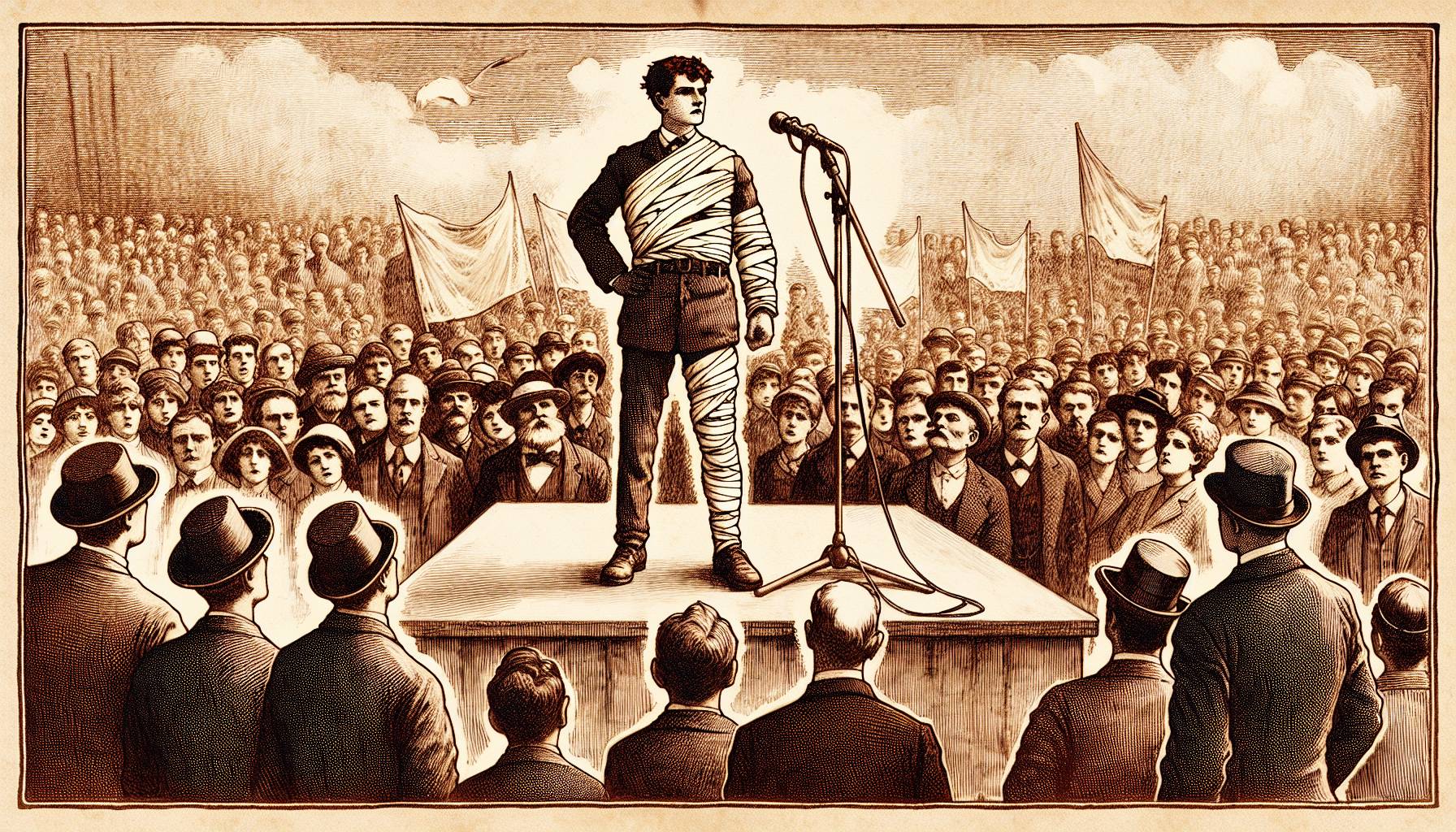As they plan, hope, and work for a New Year’s beginnings, people often reflect on previous triumphs, regrets, and missed opportunities.
You can do it! To keep your resolutions, keep an eye on the big picture. As one year ends and a new one begins, the end of December and the beginning of January represent important transformations. 74 percent of Americans recently polled indicated they would make New Year’s resolutions, 51 percent believe they will stick to them.
The majority of New Year’s resolutions revolve around improving three things. These three things are one’s health, personal development, and interpersonal relationships.
According to a recent study, nearly half of the most popular New Year’s resolutions are health-related. This includes better eating habits, more exercise, and less smoking and drinking.
Saving money, changing jobs, reading more, learning something new, and becoming more organized are some of the other personal development goals. Other popular goals include improving connections with family, friends, and love partners.
Success in the New Year Is Possible for You
Although a large percentage of people believe they will achieve their objectives, others predict failure. Lack of willpower was the most commonly mentioned reason for believing they would fail.
Start now to realize that success is possible for you. Achievement is within your reach not just in the New Year, but in your entire life.
Many athletes set lofty objectives for themselves and are under pressure to achieve consistent success. This pressure causes athletes to have a narrow concentration. Therefore, they do not allow for the setting of tiny habits that lead to long-term success. In addition, they do not always take breaks to recharge and concentrate.
Athlete goals are comparable to New Year’s resolutions. They both require dedication and a long-term perspective.
Listed below are some suggestions that have helped others gain confidence to succeed. You too have the potential to achieve long-term success whenever you establish new goals. It’s important to remember that setting New Year’s resolutions is a marathon, not a sprint. Take your time, pace yourself, and enlist the help of others as needed.
Pre-Plan for Success
When you’ve decided to make New Year’s resolutions, research how others have succeeded in accomplishing comparable objectives. Pre-planning your path to success allows you to anticipate potential stumbling blocks.
For instance, let’s say your objective is to improve your activity in order to live a long and healthy life.
Start by making a detailed timetable of when and where you will exercise. If this involves attending the gym a certain number of days per week, write it down. Make a chart to add exercising outside, or participating in fitness classes.
Have a backup plan in place in case you’re late for a workout.
In addition, if the weather prevents you from doing your routine outside, have an alternate place. Home training equipment, such as Peloton, and fitness applications, such as iFit, are helpful. They offer fantastic workouts at any time.
Pre-planning also entails having your training attire available. In addition, it means preparing nutrition options for before and after your workout.
Reset Your Mindset for the New Year
Motivation fluctuates depending on a variety of factors. Such factors as your mood or circumstances are added obstacles to your success.
However, don’t talk yourself out of exercising. Have a mental strategy in place if you start thinking about those obstacles instead of your intended routine.
Phrases like “I’m too weary,” “I don’t feel like it,” and “It’s too difficult” don’t have to limit your capacity to return to a positive mindset.
Employ a mental reset technique to help replace negative beliefs and words with positive ones. Reverse the negative mindset by reversing the words. For example: Instead of, “I’m too tired.” say, “I’m strong.” Multiple repetitions of the positive phrase are a powerful step toward resetting your mind.
Begin a workout with this statement: “I’m too tired. I’m running low on energy today, but I’ll give it my best in my workout.” In addition, you might begin with this: “I don’t feel like it, but when I do my workout, I’ll feel a sense of accomplishment.” Another strategy is this: “It’s too difficult. This will be difficult, and I’ll feel proud of myself each time I attempt to achieve this goal.
Recognizing and restructuring negative ideas requires effort. However, commit now to refocusing on the good parts of your New Year’s resolutions. Thereafter, you’ll start to learn how to lean in to intentionally transform your thoughts into self-supportive statements.
Invite Others to Check on Your Progress Through the New Year
Sharing your resolutions with others helps you stay accountable.
In addition, it helps you build a support system. Inform your friends and family about your resolutions. Discuss specific ways they can help you achieve your goals. They can accompany you to the gym. In addition, they can phone to hear about your weekly accomplishments, or share healthy food ideas with you.
Knowing that people are there to cheer you on and raise you up when you’re feeling down boosts your motivation.
In addition, be a motivator for others while they work to achieve their goals.
You Can Do It!
As the New Year begins, have faith in yourself. Recognize that setbacks are normal. However, with practice, our emotional GPS helps us reset and reposition.
As you work toward your goals, remember to celebrate your victories. Be nice to yourself even if you get off track. Take some time to relax, refocus, and get your life back in balance.
Remember, progress is possible! You can do it!













